Have the Arabs abandoned Palestine? Or is it just the regimes?
By Robert Inlakesh
Betrayal is a word that has been used widely to describe the recent “Abraham Accords” or normalization deal, which saw both the United Arab Emirates and Bahrain formally normalize ties with Israel. But is this betrayal of only the Palestinians or is this feeling of betrayal also true from the perspective of the Arab people?
Normalization with Israel is not a new trend amongst the Arab regimes, with both Jordan (in 1994) and Egypt (in 1979) having signed “peace” treaties with the Israeli regime. Both Jordan and Egypt in fact were actually at conflict with Israel, making the signings all the more treacherous at the time. The people of Egypt and Jordan had sacrificed their lives in the thousands to stop Israel from advancing further into their territories and of course to defend the Palestinian people also. That is why when the then Egyptian president Anwar Sadat signed his peace treaty with Israel, the people of Egypt were so outraged that eventually the signing led to his assassination in 1981.
However, by the time Jordan had signed its peace treaty with Israel in 1994, this sort of rage, which had in the past led to political assassination, had been largely pacified. But what specifically had this effect of nullifying the large-scale reaction to such a political move? The Palestinian Liberation Organization (PLO) had normalized with Israel already by this point.
When the PLO signed the Oslo Accords in 1993, this is what led to the current situation we see today. The Oslo Accords created the Palestinian Authority (PA), which was supposed to be an interim government, to pave the way for a future Palestinian State. Although the intentions on paper seemed great, the reality on the ground, became that the so-called “peace process” never led anywhere and that the newly created PA ended up becoming a collaborator with Israel, which the Zionist entity entrusted to manage “security issues.”
When Yasser Arafat’s PLO signed the Oslo Accords, this is the moment when normalization with Israel became something possible for all Arab regimes, because now even the so-called representatives of the Palestinian people had sold out and betrayed their own people.
If we then track the brutal ways by which these dictators rule over their populaces, it then becomes more obvious as to why there are little to no uprisings over further Arab normalization with Israel. For instance in the case of Egypt, under former president Hosni Mubarak it was brutal and it took all the way until the Arab Spring to remove him. However, his Muslim Brotherhood successor, Muhammed Morsi, was not only removed after only 1 year in office, but just for being an active member of the Muslim Brotherhood, can now carry the price of being imprisoned or killed. Morsi himself died/likely-murdered in prison last year, under the coup leader Sisi, who’s regime openly permits the buying of Israeli (Palestinian resources they stole) gas now.
When we now look at both the UAE and Bahrain, in both of these Persian Gulf Arab regimes, we see similar forms of oppression for those who speak out. In both Bahrain and UAE, you can be exiled, imprisoned or murdered for such political actions. Even though the Emirate of Dubai is evidently unhappy at normalization with Israel, its royalty have not even made any problems over the move. In the case of Bahrain, the people are overwhelmingly opposed to the Al Khalifa regime, which has sparked protests throughout the country, although this has been ignored by the international media and is yet to cause real problems for the Bahraini authorities.
Many other countries are on the list of possible Arab regimes to normalize with Israel, but perhaps the most important to mention here is Saudi Arabia. Saudi Arabia is evidently close with Israel already, so much so that it made no hesitation in allowing Israeli planes to use their airspace in order to travel to the UAE and Bahrain.
Saudi Arabia has held back on normalization for now, but it is very likely that they will later join. The Saudis would have been the number one goal of the Israelis and Americans, to score a political win with, but it had to hold back on the move and watch the reaction to UAE and Bahrain normalization first. Bahrain’s regime rules over a population which is ready to revolt against the government and on that front, the Saudis will likely be watching carefully to see what happens on this front. As for the UAE, it has many social and religious influencers, as well as business ties all over the Middle East and world, on this front Saudi will likely be watching what impact normalization has on all of this too.
Ultimately, the reality is that the PA created this situation when they chose to sign the Oslo Accords and continued to replicate their betrayal with every security forces coordination they made with Israel ever since. The PA left Gaza to rot after the Hamas government was placed under siege and this betrayal has cost the Palestinians more dearly than any other Arab regime normalizing ever will. That is why it is now essential for the future of the Palestinian people, that the PA completely abandon its own normalization deal and take up the cause once again, remaining in unity with all other Palestinian groups as they do so.
Robert Inlakesh is a journalist, writer and political analyst, who has lived in and reported from the occupied Palestinian West Bank. He has written for publications such as Mint Press, Mondoweiss, MEMO, and various other outlets. He specializes in analysis of the Middle East, in particular Palestine-Israel. He also works for Press TV as a European correspondent.
(The views expressed in this article do not necessarily reflect those of Press TV.)
Israeli attacks kill four civilians in Gaza amid ceasefire violations
TikTok blocks Epstein and anti-Trump videos under Trump-aligned ownership
Iran’s president warns of US psychological warfare to disrupt regional security
‘New crime’: Hamas condemns Israel for exhuming hundreds of graves in Gaza
Iraq presidential vote delayed amid Kurdish dispute over candidate
Iraqi groups ready for war in support of Iran despite US threats
CIA establishing foothold in Venezuela after US abduction of Maduro: Report
VIDEO | How Iran defeated the US-Israel regime change OP


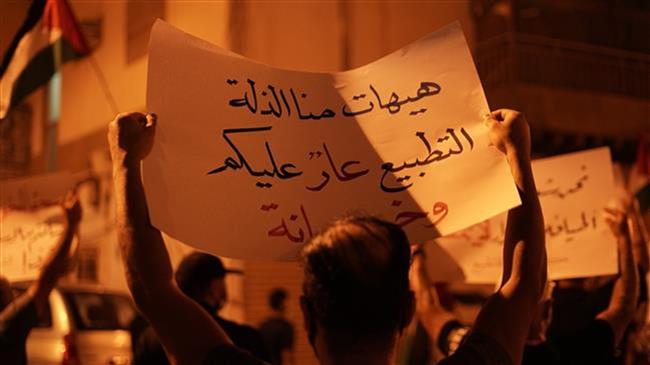

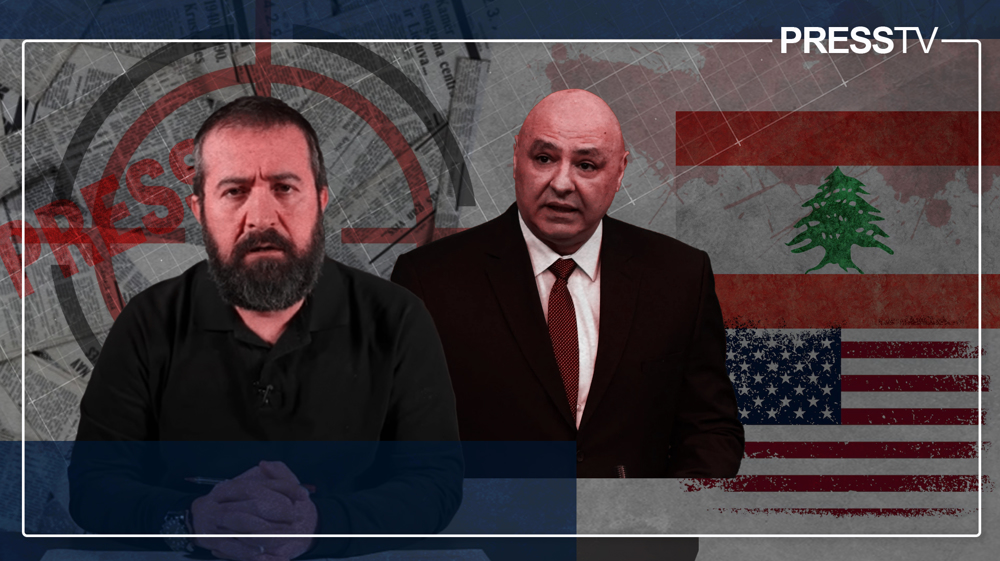
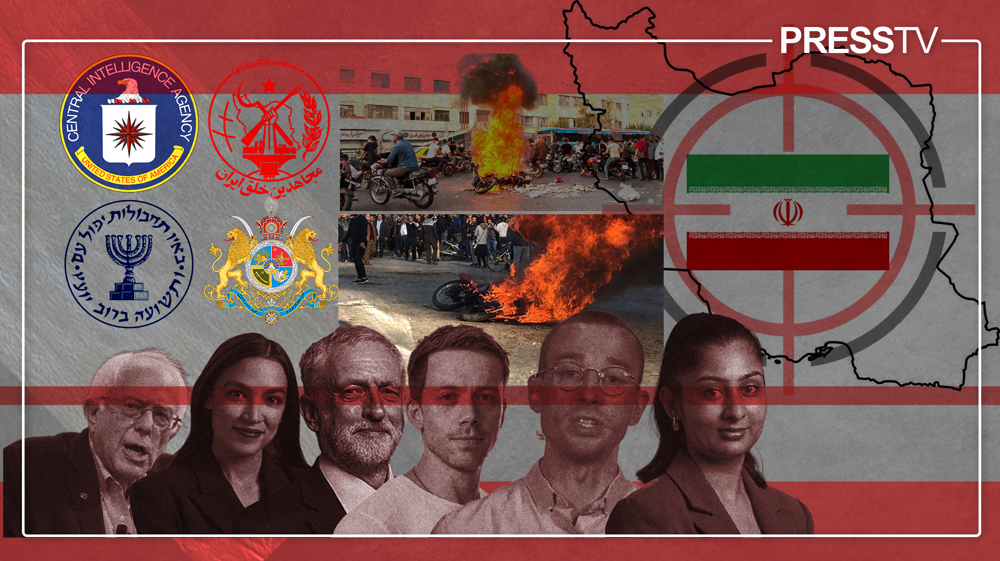
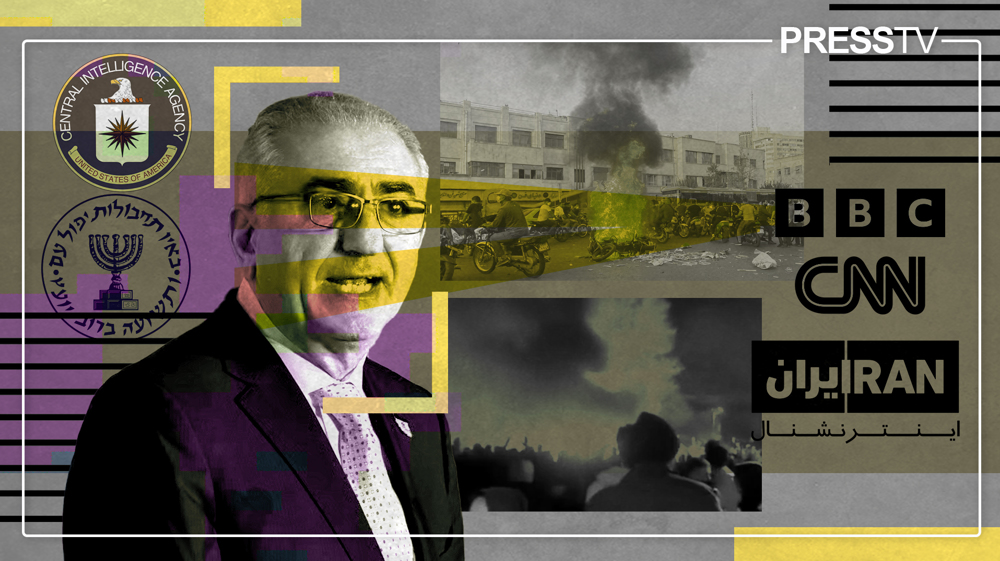



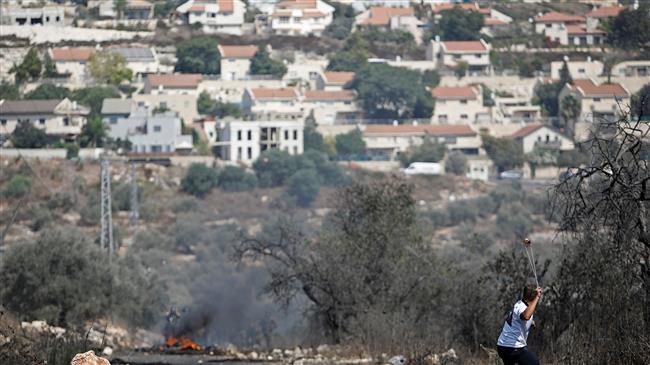
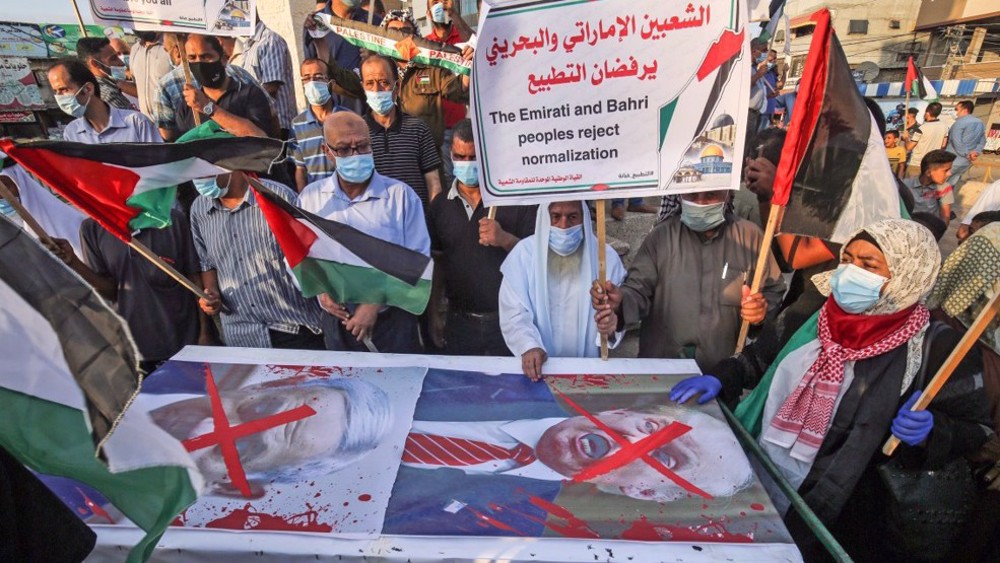


 This makes it easy to access the Press TV website
This makes it easy to access the Press TV website